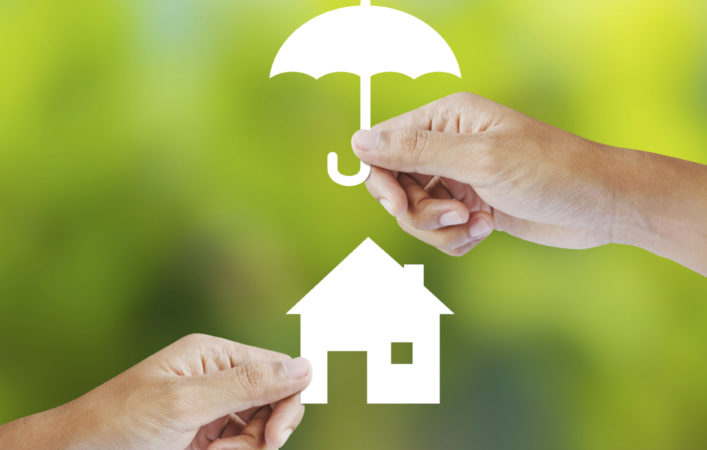
Can you afford to self-insure?


Being uninsured is actually the most expensive insurance you can get.
All people with possessions are insured. However, some choose to self-insure and thus they carry the full premium risk. So it is relevant to ask: How do you choose to insure and what option can you actually afford in the event of a crisis?
When you take out insurance, you are pooling your risk and your individual premiums are generally lower than the cost of a possible repair or replacement. But what about those who don’t insure their possessions? Traditionally we have referred to this as being uninsured, but another way of looking at it is to say that they are self-insured.
In South Africa we estimate that 60% of the population that should have short-term insurance does not actually take out this kind of insurance, whether it is on their vehicle or their household possessions. So they will, of course, be able to save on monthly premiums, but if the worst happens and, for example, they suffer severe damage to their vehicle, or worse still a complete loss, they will have to self-fund the full costs of repairing or replacing the vehicle. In this case, we can say that the premium then equals the loss, and so the total risk suffered will likely be more than the premiums paid, had they insured their vehicles.
In some communities, people informally pool their risks, where they then club together to help each other where a loss is suffered. This is also a form of insurance, though less structured.
It is important for individuals to look at how they choose to insure, whether by self-insuring or by being part of a pool within the community. If you take out insurance you are pooling your risk in a managed way and the premiums you pay should be lower than the cost of repair is likely to be. Those who choose to self-insure should ask themselves: “Can I afford to lose my car?” and “Can I afford to self-insure?” because self-insurance is the most expensive insurance you can get.
From an insurance perspective, living in South Africa poses high risks in certain areas such as accidents and crime. Our economic and social environment brings a high risk environment in these respects. People only have to access the news to see how often South Africans suffer loss. This begs the questions: are you wise to self-insure? Are you making a bet that you can afford, or are you not better off actually pooling that risk, protecting your assists by making a monthly instalment into a combined insurance fund? It is inherently better to try to share the risk of a loss occurring with other people than it is to self-insure.
South Africa compares quite well to other developed markets that have progressed to a degree in terms of their overall levels of insurance. On an aggregate basis we compare well, for example we see 2.7% GDP percentage paid in terms of short-term insurance premiums.
While business conditions remain tough within the economy overall, and are likely to remain so for some time, there is scope for insurance companies to improve market penetration in the uninsured space. By and large, consumers in the black middle and lower middle income bands form a significant part of the self-insured segment of the population. They are economically active but choose to self-insure, and so therein lies a good option for insurers, while also helping customers turn setbacks into comebacks.
Source: Mutual & Federal


